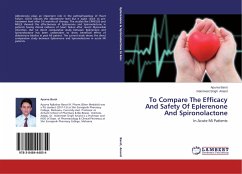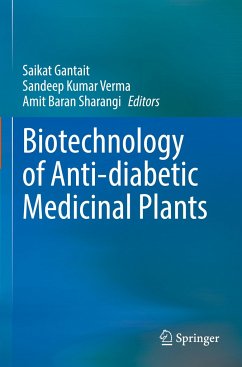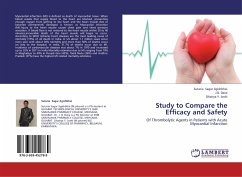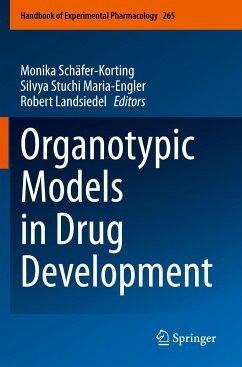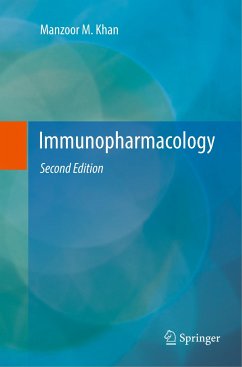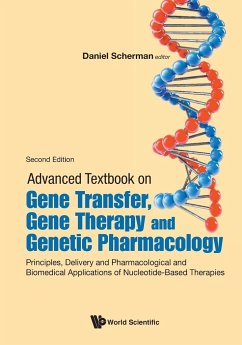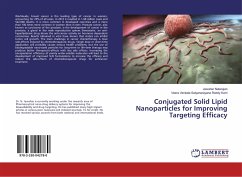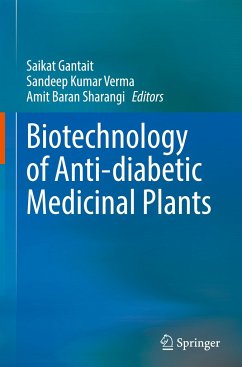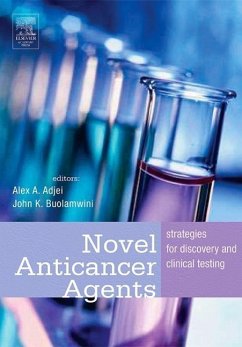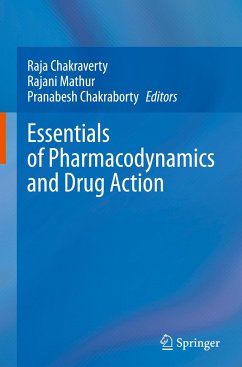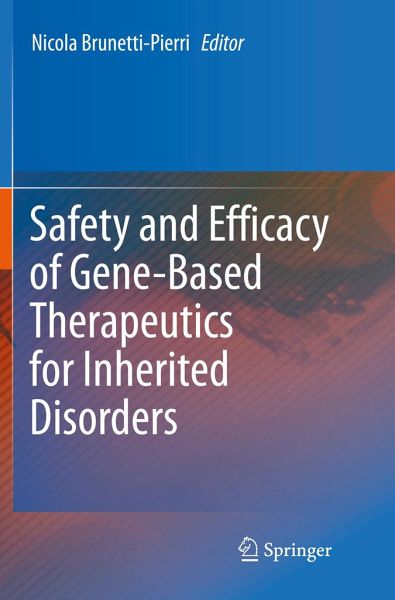
Safety and Efficacy of Gene-Based Therapeutics for Inherited Disorders
Versandkostenfrei!
Versandfertig in 6-10 Tagen
112,99 €
inkl. MwSt.

PAYBACK Punkte
56 °P sammeln!
In this book, leading international experts analyze state-of-the-art advances in gene transfer vectors for applications in inherited disorders and also examine the toxicity profiles of these methods. The authors discuss the strengths and weaknesses of available vectors in the clinical setting, and specifically focus on the challenges and possible solutions that researchers are testing in order to improve the safety of gene therapy for genetic diseases. This comprehensive and authoritative overview of vector development is a necessary text for researchers, toxicologists, pharmacologists, molecu...
In this book, leading international experts analyze state-of-the-art advances in gene transfer vectors for applications in inherited disorders and also examine the toxicity profiles of these methods. The authors discuss the strengths and weaknesses of available vectors in the clinical setting, and specifically focus on the challenges and possible solutions that researchers are testing in order to improve the safety of gene therapy for genetic diseases. This comprehensive and authoritative overview of vector development is a necessary text for researchers, toxicologists, pharmacologists, molecular biologists, physicians, and students in these fields.



